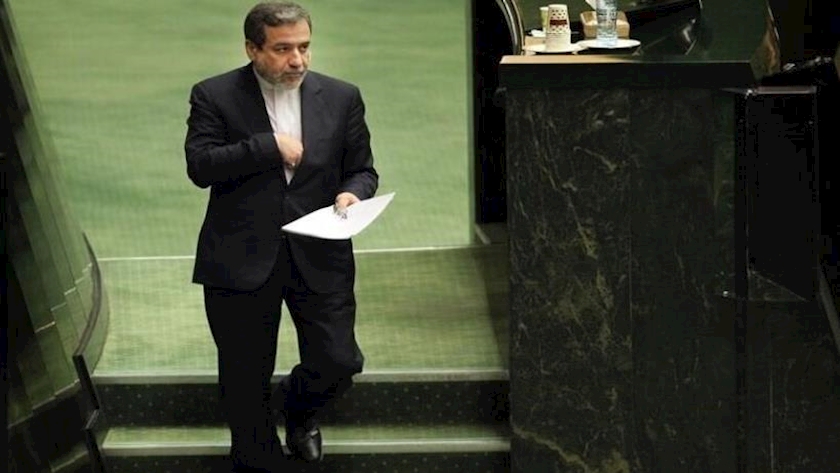Global Diplomatic Engagements Flourish as Iran Welcomes New Foreign Minister
In the evolving landscape of international relations, the appointment of Iran’s new Foreign Minister has sparked a flurry of diplomatic communications, signaling opportunities for enhanced bilateral and multilateral engagements. Multiple countries, including Japan, India, Armenia, and Sri Lanka, have reached out to extend their congratulations and express a keen interest in developing stronger ties with Iran.
Kamikawa Yoko, Japan’s Foreign Affairs Minister, was the first to send a congratulatory message to her Iranian counterpart. Yoko emphasized the importance of further developing the relationship between Japan and Iran, two nations with a long history of cultural and economic interactions. This move aligns with Japan’s broader strategy of enhancing diplomatic relations in the Middle East, a region crucial for its energy supplies and geopolitical stability.
Dialogue between Iran and Japan has been particularly significant in recent years, with both countries navigating complex international landscapes. Japan has often played a mediating role, advocating for peaceful resolutions to regional conflicts and promoting stability.
Following Japan’s lead, Foreign Ministers from India, Armenia, and Sri Lanka also conveyed their felicitations through their respective social media accounts, underscoring a global interest in fostering amicable relations with Iran.
Subrahmanyam Jaishankar, India’s Foreign Minister, communicated his congratulations and expressed a commitment to deepening the interaction between New Delhi and Tehran. India and Iran share historical ties and strategic interests, particularly in the domains of trade, energy, and regional security. The Chabahar Port project, a flagship initiative in the strategic partnership between the two countries, exemplifies their collaborative endeavors.
Armenia’s Foreign Minister, Ararat Mirzoyan, voiced optimism about working closely with Iran to "further expand strong ties" between their nations. Armenia and Iran have maintained a symbiotic relationship, balancing mutual interests in regional security, trade, and cultural exchange.
Similarly, Sri Lanka’s Foreign Minister, Mohamed Uvais Mohamed Ali Sabry, highlighted the "longstanding relationship" between the two countries and his intention to strengthen it. This outreach aligns with Sri Lanka’s foreign policy objective to diversify its diplomatic and economic connections, enhancing its stature in international affairs.
The sequence of these diplomatic correspondences denotes a positive reception to Iran’s new Foreign Minister on the global stage. As countries express their readiness to engage with Iran, it presents an opportunity for Tehran to bolster its foreign relations amidst the evolving dynamics of international politics.
In conclusion, these proactive diplomatic exchanges reflect a broader trend of international cooperation and mutual recognition. With new leadership in place, Iran has the potential to navigate its expansive network of global partnerships more effectively, advocating for increased economic collaborations, security dialogues, and cultural exchanges.
For more information on Iran’s diplomatic activities and developments, visit Iran Press.
